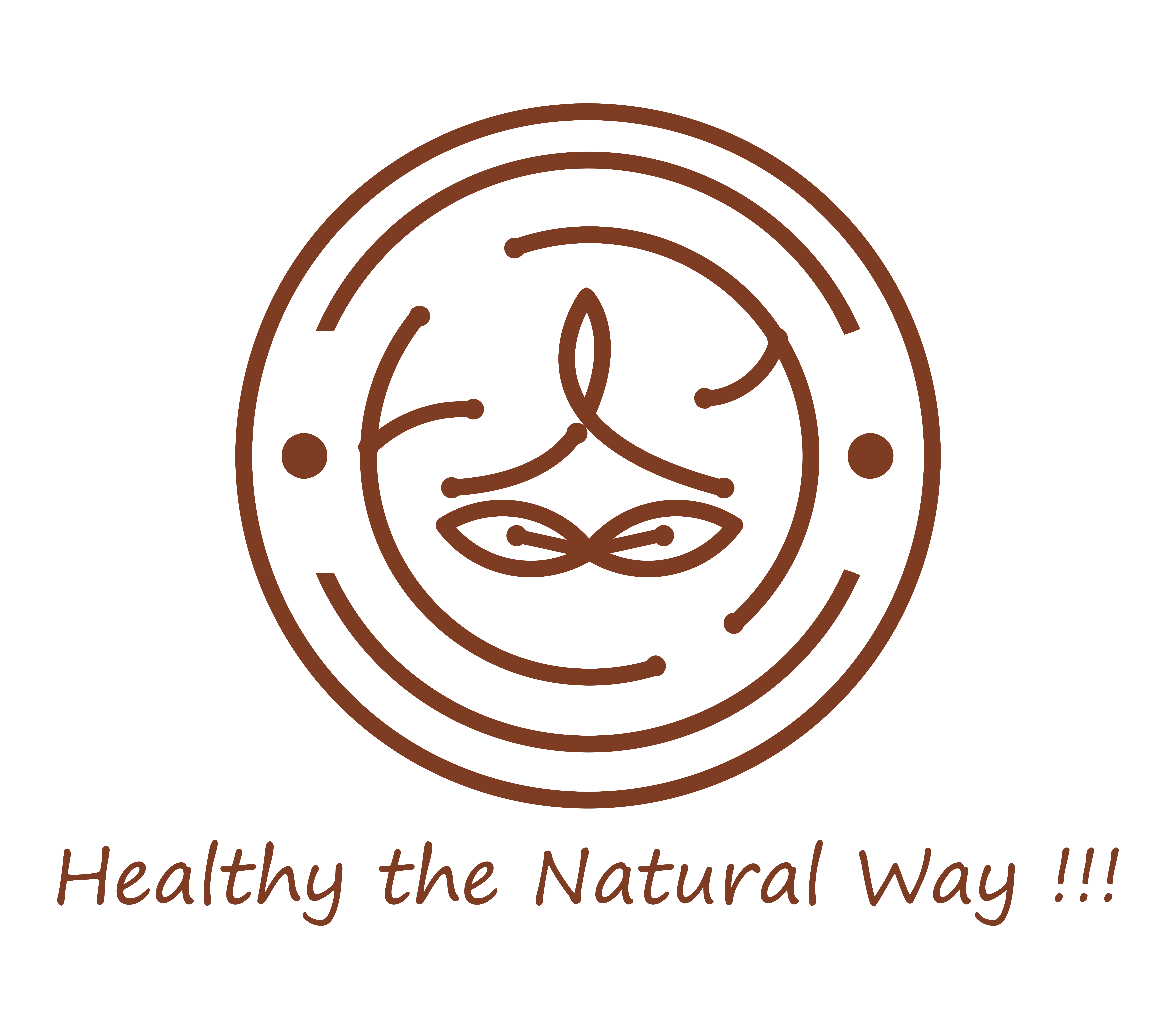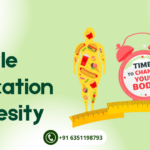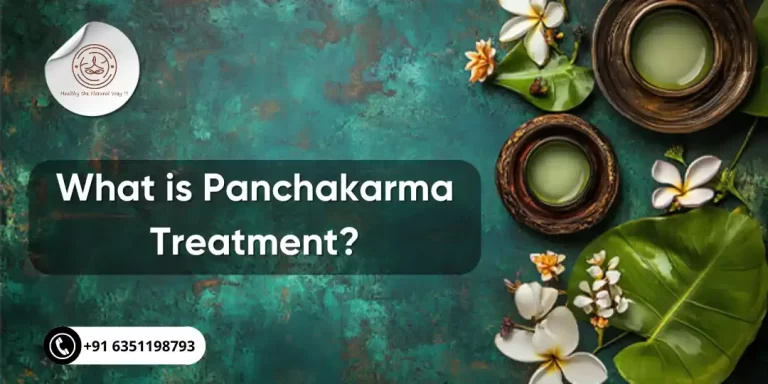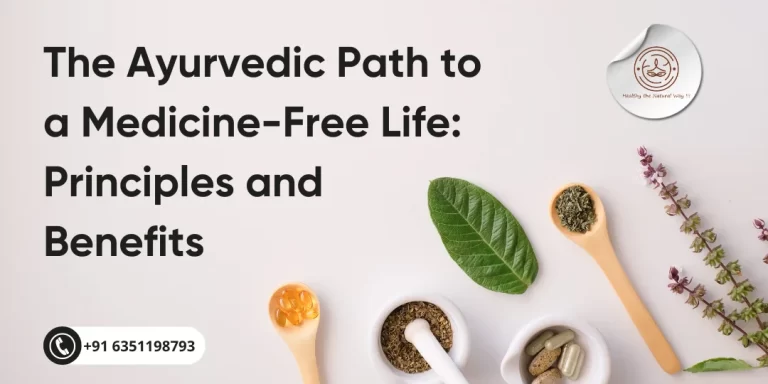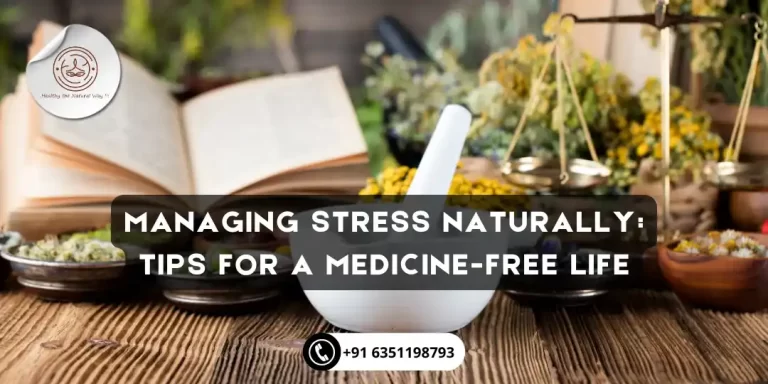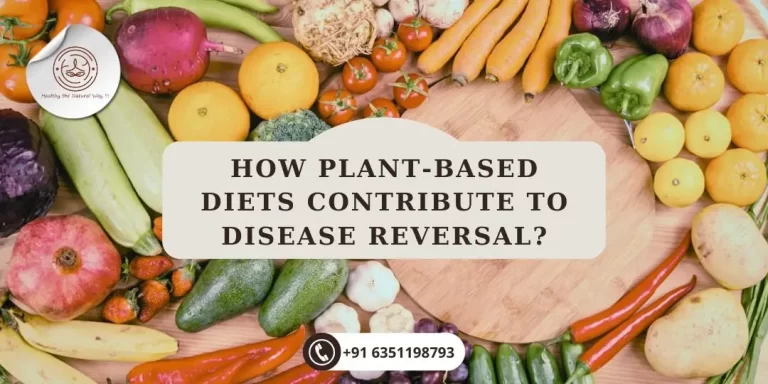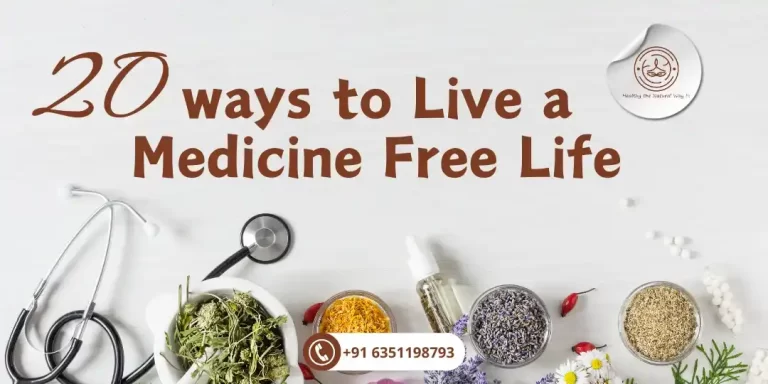Panchkarma, a cornerstone of Ayurvedic medicine, is a comprehensive detoxification and rejuvenation program designed to restore the body's natural balance and promote overall health. Rooted in ancient Indian traditions, Panchkarma translates to "five actions" or "five treatments," each targeting a specific aspect of bodily cleansing and healing. This holistic approach not only addresses physical ailments but also harmonizes the mind and spirit, making it a powerful tool for achieving optimal wellness. Philosophy Behind Panchkarma Ayurveda, the ancient science of life, emphasizes the importance of maintaining balance within the body's three doshas: Vata, Pitta, and Kapha. Imbalances in these doshas can lead to various health issues. Panchkarma treatment aims to eliminate toxins (ama) from the body, restore doshic equilibrium, and enhance the body's innate healing capabilities. By cleansing the body at a deep level, Panchkarma therapy facilitates the rejuvenation of tissues, organs, and systems, promoting long-term health and vitality. Benefits of Panchkarma Treatment The holistic nature of Panchkarma offers a wide range of benefits, including: Detoxification Panchkarma therapy effectively removes accumulated toxins (ama) from the body, which are often the root cause of many diseases. By cleansing the body at a cellular level, Panchkarma helps eliminate impurities from the digestive system, blood, and tissues, leading to improved overall health. Rejuvenation One of the primary goals of Panchkarma is to rejuvenate the body. The Panchkarma treatments help revitalize tissues, organs, and systems, promoting longevity and vitality. This rejuvenation process enhances the body's natural healing capabilities and slows down the aging process. Improved …

Panchkarma, a cornerstone of Ayurvedic medicine, is a comprehensive detoxification and rejuvenation program designed to restore the body’s natural balance and promote overall health. Rooted in ancient Indian traditions, Panchkarma translates to “five actions” or “five treatments,” each targeting a specific aspect of bodily cleansing and healing. This holistic approach not only addresses physical ailments but also harmonizes the mind and spirit, making it a powerful tool for achieving optimal wellness.
Philosophy Behind Panchkarma
Ayurveda, the ancient science of life, emphasizes the importance of maintaining balance within the body’s three doshas: Vata, Pitta, and Kapha. Imbalances in these doshas can lead to various health issues. Panchkarma treatment aims to eliminate toxins (ama) from the body, restore doshic equilibrium, and enhance the body’s innate healing capabilities. By cleansing the body at a deep level, Panchkarma therapy facilitates the rejuvenation of tissues, organs, and systems, promoting long-term health and vitality.
Benefits of Panchkarma Treatment
The holistic nature of Panchkarma offers a wide range of benefits, including:
Detoxification
Panchkarma therapy effectively removes accumulated toxins (ama) from the body, which are often the root cause of many diseases. By cleansing the body at a cellular level, Panchkarma helps eliminate impurities from the digestive system, blood, and tissues, leading to improved overall health.
Rejuvenation
One of the primary goals of Panchkarma is to rejuvenate the body. The Panchkarma treatments help revitalize tissues, organs, and systems, promoting longevity and vitality. This rejuvenation process enhances the body’s natural healing capabilities and slows down the aging process.
Improved Digestion
Panchkarma treatments, especially Virechana (purgation therapy) and Basti (medicated enema), improve digestive health by cleansing the gastrointestinal tract and balancing digestive fire (Agni). This leads to better nutrient absorption, reduced digestive disorders, and enhanced metabolism.
Mental Clarity
Panchkarma therapies, such as Nasya (nasal administration) and Abhyanga (oil massage), promote mental clarity, reduce stress, and enhance emotional well-being. The treatments help calm the mind, improve concentration, and alleviate anxiety and depression.
Disease Prevention
Regular Panchkarma treatments can prevent the onset of diseases by maintaining doshic balance and promoting overall health. By keeping the body free of toxins and functioning optimally, Panchkarma serves as a preventive measure against various health issues.
Preparing for Panchkarma Therapy
Before undergoing Panchkarma, it is essential to prepare the body through a series of pre-purification measures known as Purvakarma. This preparatory phase includes:
- Snehana (Oleation): Internal and external application of medicated oils to loosen toxins.
- Swedana (Sudation): Inducing sweat through steam baths or herbal poultices to further mobilize toxins.
These preparatory steps ensure that the body is in an optimal state for the main Panchkarma treatments, enhancing their effectiveness and minimizing potential discomfort.
Read also: 20 Ways to Live a Medicine Free Life
Types of Panchkarma Treatments
The Panchkarma procedure comprises five main treatments:

Vamana (Therapeutic Emesis)
Vamana involves the induction of therapeutic vomiting to expel toxins from the body. This treatment is particularly effective for Kapha-related disorders such as asthma, bronchitis, and obesity. The process begins with the administration of herbal decoctions and teas to loosen and mobilize toxins, followed by the controlled induction of vomiting to clear the upper gastrointestinal tract.
Virechana (Purgation Therapy)
Virechana focuses on cleansing the intestines and purifying the Pitta dosha. Through the use of herbal laxatives, this treatment eliminates toxins from the liver, gallbladder, and small intestine. Virechana is beneficial for conditions like chronic fever, skin diseases, and digestive disorders. The procedure not only detoxifies the body but also enhances digestive and metabolic functions.
Basti (Medicated Enema Therapy)
Basti is considered one of the most effective Panchkarma treatments for Vata disorders. It involves the administration of medicated oils or decoctions through the rectum to cleanse the colon and regulate bowel movements. Basti helps alleviate conditions such as arthritis, constipation, and neurological disorders. It also nourishes the body, strengthens the immune system, and improves overall vitality.
Nasya (Nasal Administration)
Nasya therapy focuses on cleansing the nasal passages and sinuses. By administering medicated oils, powders, or herbal juices through the nostrils, Nasya helps expel toxins from the head and neck region. This treatment is particularly effective for sinusitis, migraines, and respiratory disorders. Nasya not only clears congestion but also enhances mental clarity and emotional well-being.
Raktamokshana (Blood Letting)
Raktamokshana is a blood purification therapy aimed at eliminating toxins from the bloodstream. This treatment can be performed using various methods, including leech therapy and venesection (controlled bleeding). Raktamokshana is beneficial for conditions like skin diseases, hypertension, and inflammatory disorders. By purifying the blood, this therapy helps restore balance and promote overall health.
Post Panchkarma Treatment
The post-Panchkarma phase is crucial for consolidating the benefits gained during the treatment and ensuring long-lasting effects. The period following Panchkarma is a time for nurturing and maintaining the body’s newly achieved balance and vitality. By adhering to post-treatment care, dietary guidelines, lifestyle modifications, and regular follow-up with Ayurveda consultants, individuals can ensure that the benefits of Panchkarma are sustained and even enhanced over time. This holistic approach supports ongoing health and well-being, allowing individuals to enjoy the full spectrum of Panchkarma’s transformative effects.
Conclusion
Panchkarma therapy is a profound Ayurvedic practice that offers comprehensive detoxification and rejuvenation for the body, mind, and spirit. By addressing the root causes of imbalances and promoting holistic healing, Panchkarma helps individuals achieve optimal health and well-being. Whether you seek to cleanse your body, alleviate specific health conditions, or simply enhance your overall vitality, Panchkarma provides a time-tested path to holistic wellness.
Setu Nutricare stands out as a premier destination for Panchkarma services, offering a holistic and personalized approach to health and wellness. With expert Panchkarma physician, Ayurveda consultants, high-quality herbal preparations, and a serene environment, Setu Nutricare provides an ideal setting for individuals seeking to detoxify, rejuvenate, and restore balance in their lives through the ancient wisdom of Ayurveda.

Sign up for free class
It’s easy and free!
